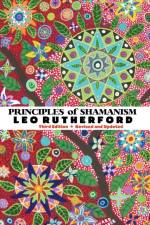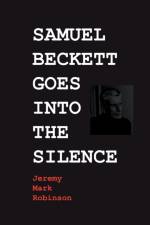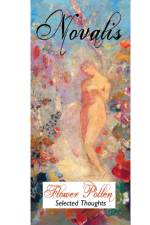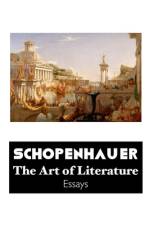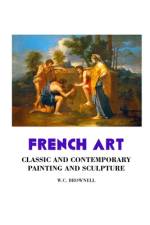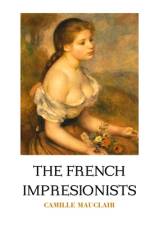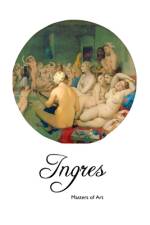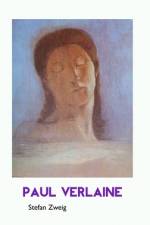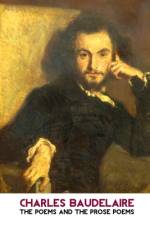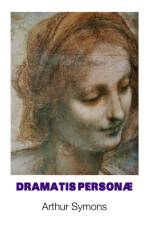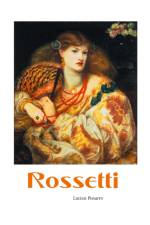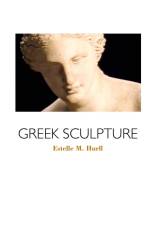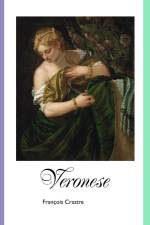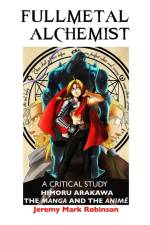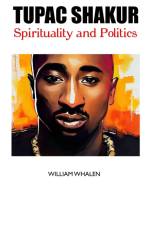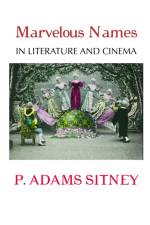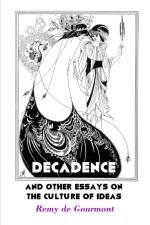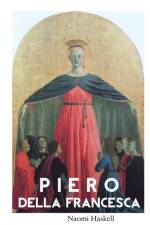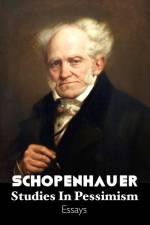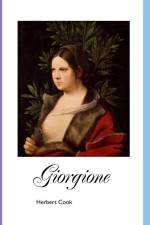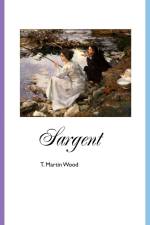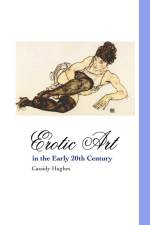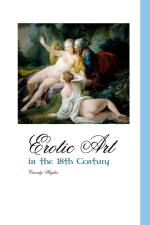- The Passion of Cinema/ La Passion du Cinéma: Volume 1: To 1968
av Jeremy Mark Robinson
351
JEAN-LUC GODARD: THE PASSION OF CINEMAVOLUME 1: TO 1968By Jeremy Mark RobinsonThere's no one else quite like Jean-Luc Godard, one of the most significant and inspiring filmmakers of recent times. Where the flood of movies globally now runs into many thousands, Godard's works stand out as original, acerbic, romantic, ironic, controversial, humorous and explorative. This book considers all of Godard's works in cinema, from his early short films and the important success and cultural impact of Breathless through the remarkable series of movies of the 1960s to the latest feature films. The book is split into two volumes: Jean-Luc Godard: The Passion of Cinema/ La Passion deuCinema: Volume 1: To 1968Jean-Luc Godard: The Passion of Cinema/ La Passion du Cinema: Volume 2: From 1968Volume 1 includes a biography of Godard; an exploration of aspects of his cinema; and chapters on movies such as Breathless, Vivre Sa Vie, Contempt, A Band Apart, Pierrot le Fou, Alphaville, One Plus One, Weekend, Two or Three Things I Know About Her, La Chinoise, A Married Woman and Masculine/ Feminine. EXTRACT FROM CHAPTER 2: "GODARD BIOGRAPHY"With à Bout du Souffle, Godard produced one of the first, great French New Wave movies, starring Jean-Paul Belmondo and Jean Seberg, and written by, among others, François Truffaut. à Bout du Souffle, with its cool Parisian milieu, its filmic and film noir allusions, handheld camera, direct sound, startling editing and self-conscious performances from Belmondo and Seberg, established Godard as one of the major voices of postwar cinema, a reputation which Godard built on in subsequent early films such as Le Petit Soldat (1960), Une Femme Est Une Femme (1961), Vivre Sa Vie (1962), Le Mépris (1963), Bande à Part (1964), and Une Femme Mariée (1964).In these films of the early to mid-1960s, Godard developed a radical, polemical series of films as film-essays which confronted issues such as late consumer capitalism, prostitution, labour, politics, ideology, gender, marriage, music, popular culture, Hollywood and not forgetting cinema itself.Fully illustrated. Bibliography, filmography, Godardisms and notes.

